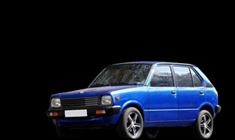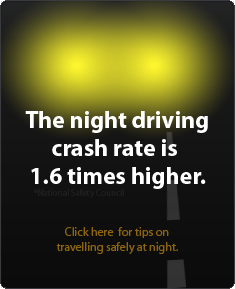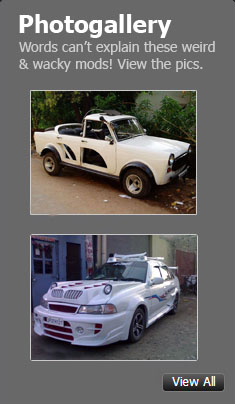News
Honda to source hybrid batteries from Toyota's U.S. plant
As of now, Honda sources batteries for its U.S.-assembled hybrid cars from Japan and China.
Japanese carmaker Honda is sourcing batteries for its hybrid models from Toyota’s U.S. plant. This move comes after U.S. President Donald Trump’s new tariff announcements.
From the beginning of the 2025 fiscal year, Honda will buy batteries for approximately 4,00,000 vehicles. This number should be enough for all the hybrids it sells in the United States. Honda sold around 308,000 hybrid cars in the country last year.
As of now, Honda sources batteries for its U.S.-assembled hybrid cars from Japan and China. But the rising tariff threat has made the carmaker think otherwise.
On March 4, the U.S. imposed an additional 10% tariff on all imports from China, on top of a 10% tariff that started on Feb. 4. Trump will likely raise tariffs on auto imports from Japan to 25% from the current 2.5%.
Honda has estimated that 25% reciprocal tariffs on Mexican and Canadian goods could cost them around $4.7 billion annually. The carmaker has plans to shift some production from Canada and Mexico to the U.S. and restructure its supply chain to minimize the impact on its business.
Toyota, on the other hand, has allocated a huge amount of funds to its U.S. battery plant. Honda coming on board as a customer for batteries could help reduce costs at the plant.
Honda is not alone. Trump’s tariff plans have made other carmakers reshape their supply chains as well. Since January, General Motors of the U.S. has scaled back production at its plant in northern Mexico that produces Chevrolet EVs. In February, Stellantis suspended operations at its Ontario plant in Canada that makes Jeep SUVs. It is reopening a closed factory in Illinois, U.S. to produce midsize pickup trucks.
Source: Nikkei Asia



















